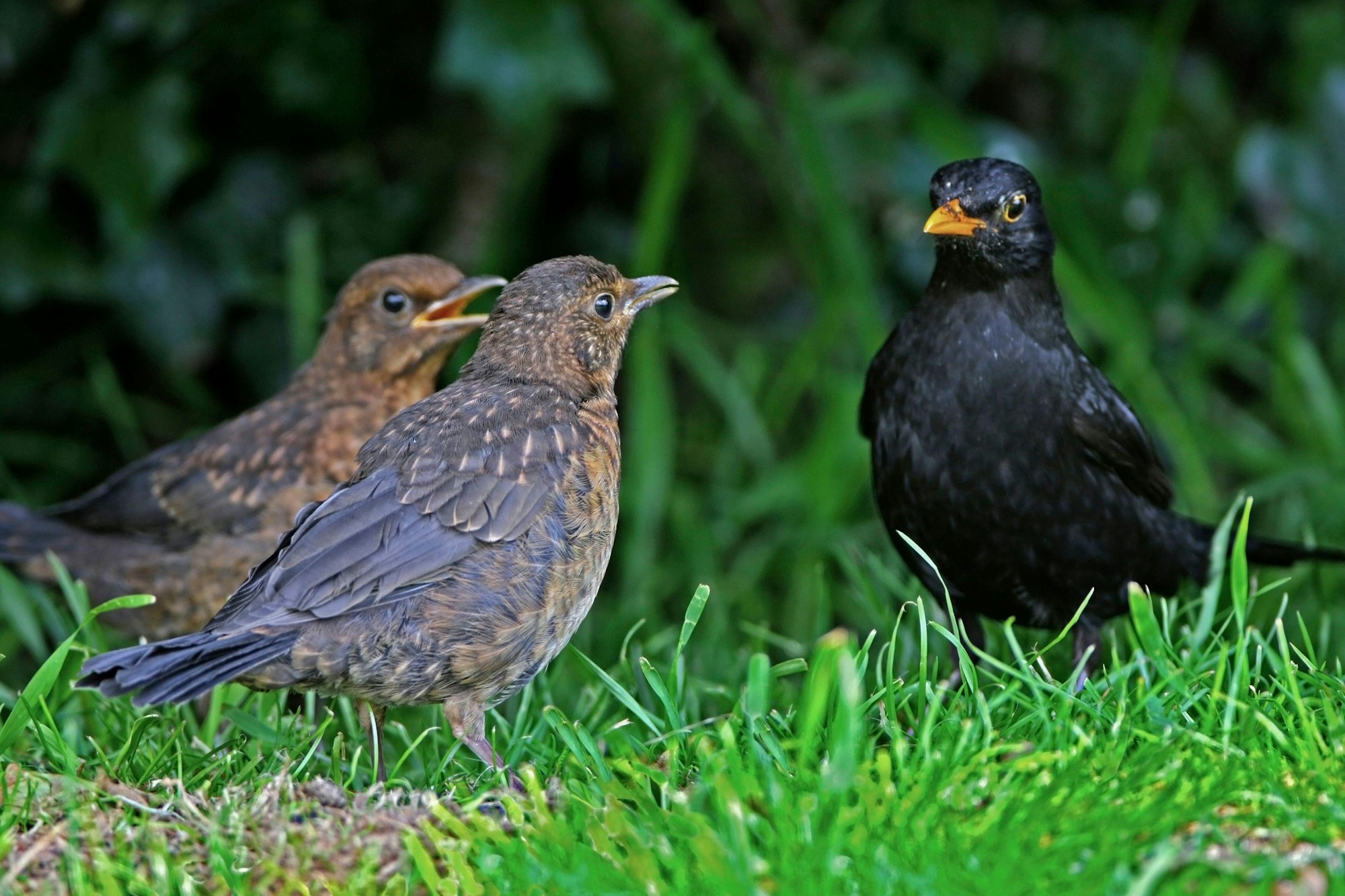Rising Mosquito-Borne Disease Threat: Lessons from the UK

A deadly virus is decimating blackbird populations in the UK, offering a stark warning about the growing risks of mosquito-borne diseases. The Usutu virus, first detected in the UK in 2020, has caused blackbird populations to decline by more than 40% in some areas. While it poses little risk to humans, experts worry that its spread signals a broader shift—one that could soon include West Nile virus.
West Nile virus, already present in parts of Europe, is transmitted by the same mosquitoes that carry Usutu. Unlike Usutu, however, West Nile can cause serious illness in humans, including fever, neurological complications, and, in rare cases, death. There is currently no human vaccine, making mosquito control essential in preventing outbreaks.
The UK is now taking proactive measures by tracking the spread of mosquito-borne viruses in birds. This early detection effort aims to prevent transmission to humans. However, climate change is accelerating the risk. Warmer summers, rising humidity, and the increase in "tropical nights"—where temperatures stay above 68°F (20°C)—are making northern regions more hospitable to mosquitoes that carry diseases like West Nile.
Here in Los Angeles County, we already contend with mosquito-borne illnesses such as West Nile virus and dengue fever. As climate change extends mosquito seasons, controlling mosquito populations is more important than ever. Residents can protect themselves by eliminating standing water, using insect repellent, and staying informed about local mosquito control efforts. Public health officials continue to monitor and mitigate the spread of these diseases to keep communities safe.
